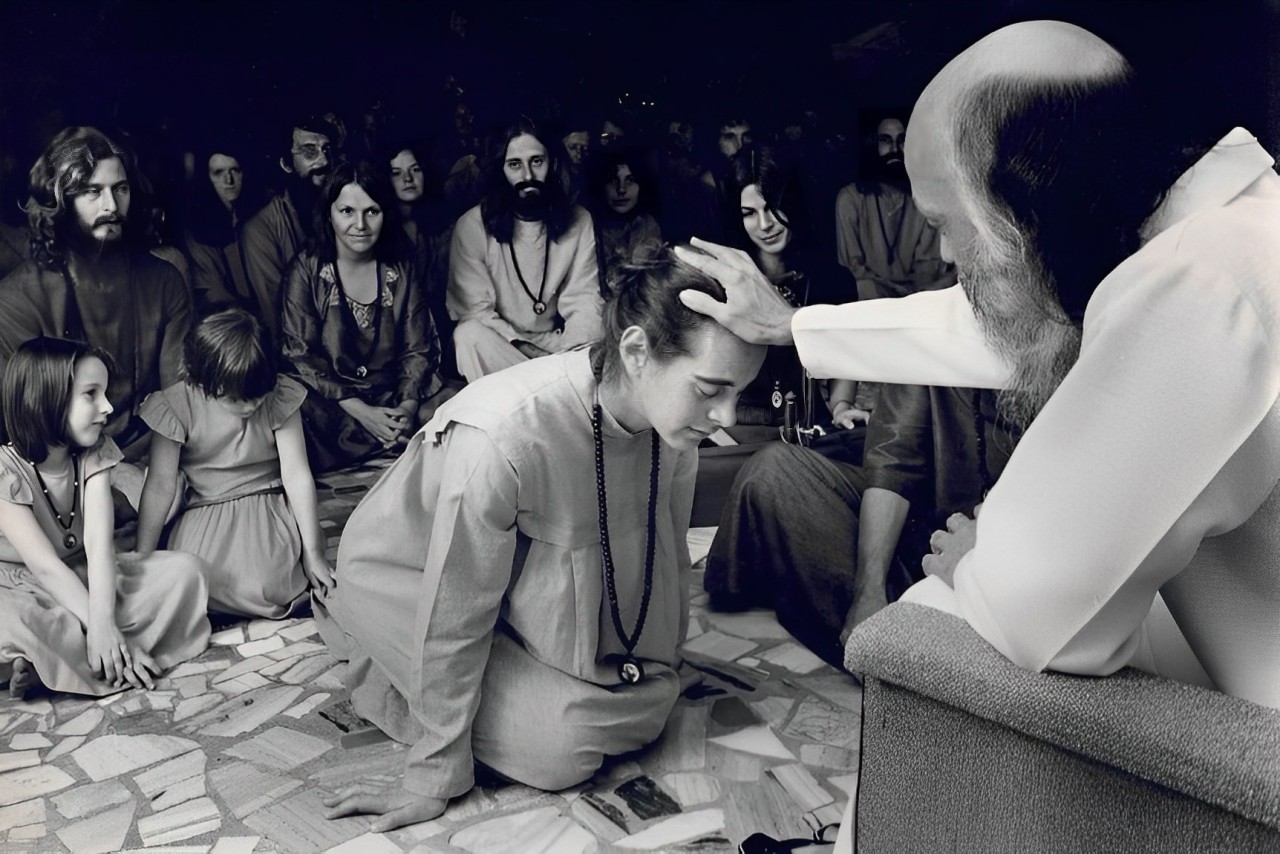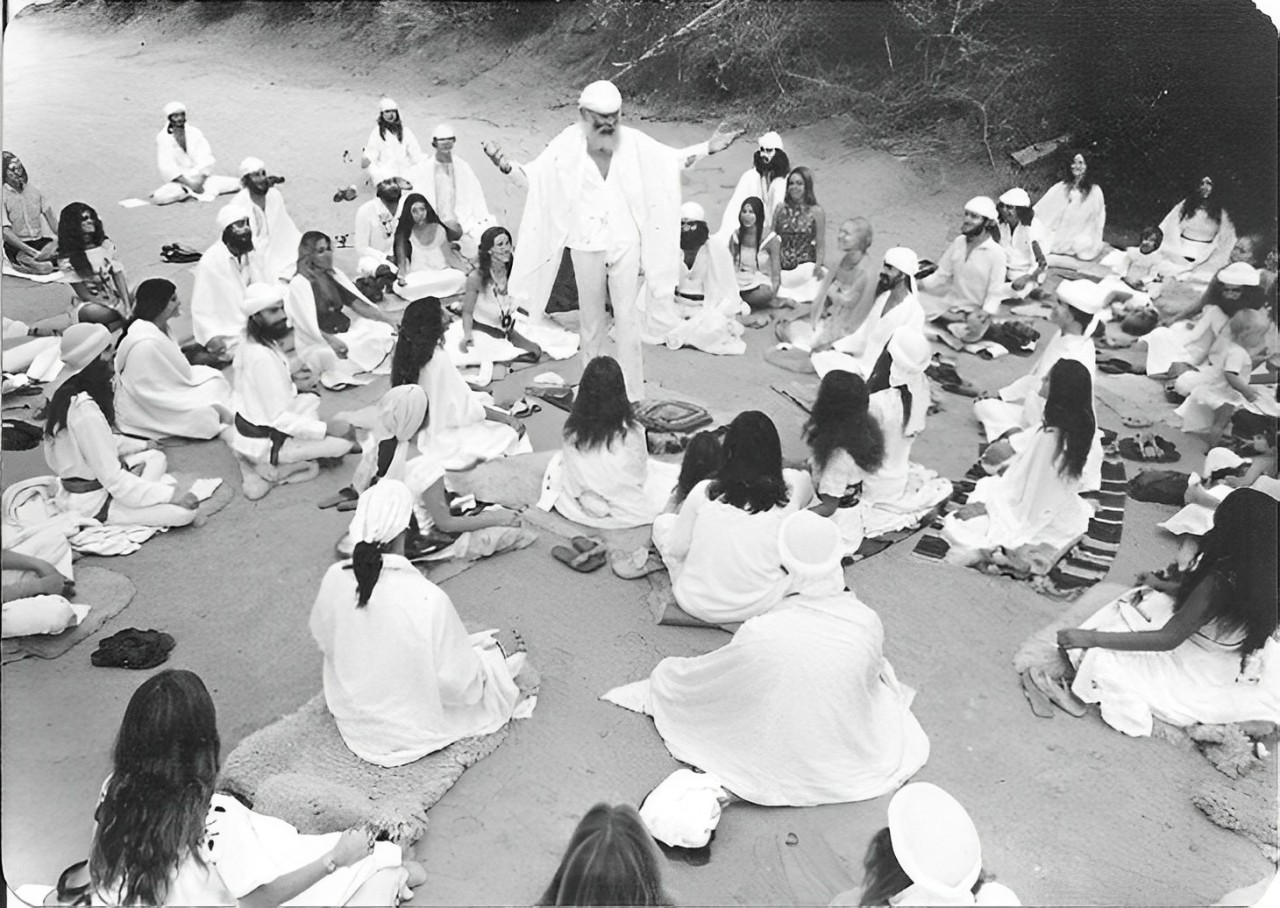Understanding the psychology behind cult behavior and mind control requires an examination of both the social and cognitive dynamics that make cults so compelling, as well as the specific techniques used by leaders to influence and maintain power over their followers. This article will explore the psychological processes that underlie cult behavior and the mechanisms of mind control that contribute to such powerful influence.


1. The Need for Belonging and Social Identity
One of the primary reasons people are drawn to cults is the human need for belonging. Psychologically, we are social creatures who thrive on connection and community. In many cases, people who join cults feel isolated, marginalized, or disillusioned with their lives, and the cult offers a sense of identity and belonging that they cannot find elsewhere.
Cults often provide a highly structured environment with a clear, exclusive sense of group identity. Members are encouraged to see themselves as part of a special, chosen group that is unique, superior, or destined for a great purpose. This social identity becomes a significant part of their self-concept, and the group becomes a major source of emotional and social support.
The sense of belonging in a cult fulfills a deep psychological need for connection, and it often overrides other factors that might otherwise make the individual question the group’s actions or beliefs. In fact, for many people, the cult becomes family, providing a sense of security and emotional stability.
2. Social Influence and Group Dynamics
Once inside a cult, individuals are subject to intense social influence. The group dynamic within cults is a powerful psychological force, and cults rely heavily on principles of social conformity and groupthink to maintain control over members. People often change their beliefs and behaviors to fit in with the group, a phenomenon known as social pressure.
- Conformity: Cults exert significant pressure on individuals to conform to the beliefs and behaviors of the group. In many cults, there is little tolerance for deviation or dissent from the group’s ideology. The leader or leaders are often presented as infallible, and their directives are to be followed without question. Members fear rejection or alienation if they challenge the group’s norms, leading to a strong desire to conform.
- Groupthink: Cults foster an environment where independent thinking is discouraged, and consensus is prioritized. Groupthink happens when the desire for harmony and conformity in the group results in irrational or dysfunctional decision-making. Members may suppress their own doubts, accept faulty reasoning, and ignore contradictory evidence in favor of maintaining the group’s unity and belief system.
Cults frequently manipulate social dynamics by creating an “us vs. them” mentality, which serves to isolate members from external influences and reinforce loyalty to the group. Followers may come to believe that they are part of an elite group with a special mission, while outsiders are seen as misguided, corrupt, or even dangerous.
3. Emotional Manipulation and Love Bombing
Another powerful psychological tool used by cults is emotional manipulation, particularly during the early stages of recruitment. One common tactic is known as “love bombing”, where new recruits are showered with attention, affection, and praise. This behavior creates an intense emotional bond between the individual and the group, making the person feel cherished, valued, and accepted in ways they may have never experienced before.
Love bombing is designed to establish emotional dependence on the group. In an emotionally vulnerable state, a person may become more susceptible to the group’s influence. The group leader often plays on the follower’s insecurities, convincing them that they are special or chosen and that the group is the only place where they can find true belonging.
Once an individual’s emotional needs are intertwined with the group’s approval, they become more likely to accept the group’s beliefs and engage in behaviors that they otherwise would not.
4. Cognitive Dissonance and Commitment
Cults often exploit cognitive dissonance, the psychological discomfort that occurs when an individual’s beliefs and behaviors are in conflict. Once a person has committed to the cult (often by making sacrifices such as donating money, severing ties with family, or taking on significant personal responsibility), they may experience cognitive dissonance if their actions no longer align with their previous beliefs.
To reduce this discomfort, individuals often adjust their beliefs to justify their actions. For example, if a member of the cult is asked to make an unreasonable sacrifice (such as giving up a large sum of money), the individual may convince themselves that the sacrifice was necessary for their spiritual growth or that the group’s cause is worth the sacrifice.
Over time, the individual becomes more deeply invested in the group’s ideology, and the emotional and cognitive discomfort from dissonance decreases. This leads to increased commitment to the group, making it even harder to leave. Cults often use the principle of foot-in-the-door techniques, gradually increasing the demands placed on followers until they are deeply entrenched.
5. Isolation and Control of Information
Cult leaders typically use isolation as a way to control the flow of information and limit the influence of outside perspectives. Physical isolation, such as living in a communal environment or discouraging contact with family and friends, keeps members within the group’s bubble. The more isolated they are, the less likely they are to question the group’s teachings or to hear dissenting opinions.
In addition to physical isolation, cults also control the information that members are exposed to. Often, this involves prohibiting contact with media, the internet, or other groups that may challenge the cult’s ideology. Thought control is a central aspect of this information control. Followers are discouraged from engaging with any literature, ideas, or individuals that might present alternative viewpoints.
This information control also extends to rituals and indoctrination, where repetitive activities or teachings are used to cement the group’s beliefs in the follower’s mind. The group’s ideology is often presented as absolute truth, making it increasingly difficult for individuals to think critically about the beliefs they are being taught.
6. Fear, Guilt, and Punishment
Cult leaders often use fear and guilt to maintain control over their followers. Fear can take many forms, including fear of external enemies, fear of punishment from the leader, or fear of eternal damnation or other catastrophic consequences if they leave the group.
- Fear of rejection: The fear of being ostracized or rejected by the group is a powerful motivator. In some cults, members are warned that leaving the group will lead to severe consequences, such as social or financial ruin.
- Guilt: Cults often instill a deep sense of guilt in members, making them feel responsible for the success or failure of the group’s mission. Members may be encouraged to make personal sacrifices, including giving up family ties, jobs, or financial stability, for the “greater good.” Guilt is used to reinforce loyalty and discourage questioning or disobedience.
- Punishment: In some cases, punishment is used to enforce the group’s rules and keep members in line. This could include public shaming, emotional manipulation, or isolation from the group.
7. The Charismatic Leader and Cult of Personality
Central to most cults is the charismatic leader, whose personality and authority are key to the group’s cohesion. These leaders often present themselves as enlightened, all-knowing, or divinely chosen, and they claim to hold the ultimate truth. Followers are often drawn to the leader’s charisma and their ability to inspire trust and admiration.
The leader’s influence creates a cult of personality, where the group’s loyalty and devotion are focused almost entirely on the leader. This can lead to dependency on the leader for guidance, meaning that followers are less likely to question the leader’s directives or decisions, even when they are harmful.
Recommendation: SITES LEARN SEO
Recommendation: KPOP NEWS ASIA







